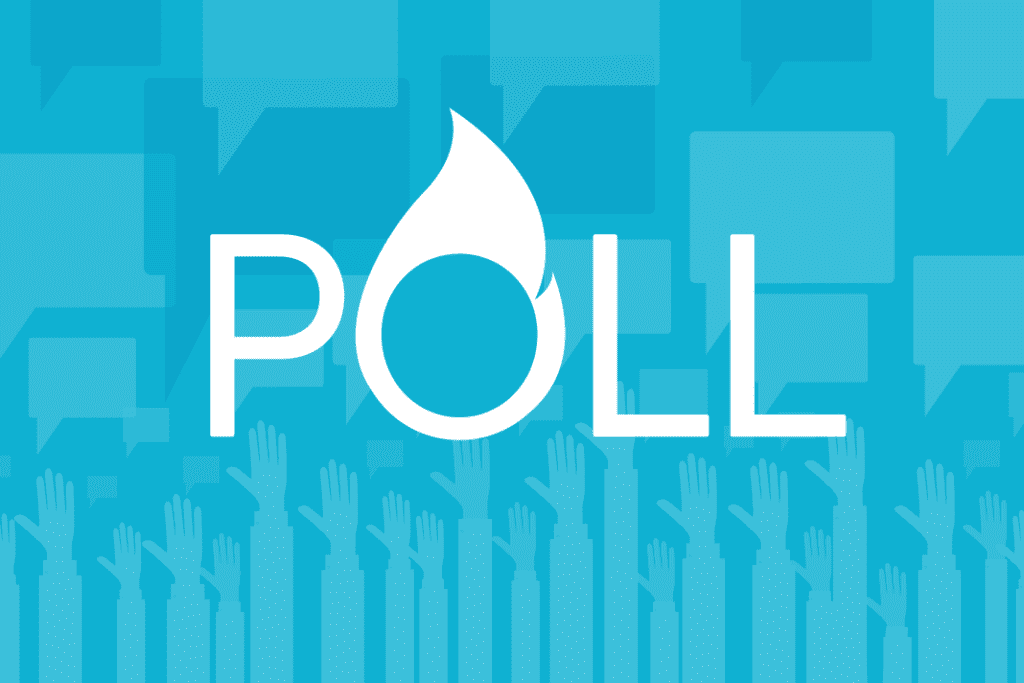Depending on the intricacies of our personal health challenges, some of us may be motivated to take actions that others would find unreasonable.
For example, I once met a man living with an incurable lung disease. He scoured the Internet with the hopes of finding, in some other country, a treatment that wasn’t available in the United States. Eventually, he found one. With no guarantee that he’d get anything in return and knowing that, at best, the treatment would only slow the progression of his disease, this man was prepared to mail off money for the chance the medication would come his way.
When the story was shared with another individual living with the same condition, she couldn’t believe the man would risk losing his savings or further complicating his health for a treatment that hadn’t been deemed safe in the States.
Which leads me to the subject of medical marijuana.
While safety may not be an issue, legality certainly is. And sure, it may not slow the progression of an incurable disease (so far I’m not aware of any test results that suggest it does), but plenty of people–whether or not they live in a location where marijuana is legal–view cannabis as a perfectly reasonable treatment for whatever ails them.
In a recent survey, PatientsLikeMe asked 219 members why they consider marijuana as a treatment option. Fifty-five-percent said other treatments hadn’t worked as well, while more than 60% said other treatments caused too many side effects; marijuana is a more natural alternative.
In fact, more than 70% of respondents said marijuana is “the best available treatment” for their health issues.
The cynics among you are probably thinking that those “health issues” couldn’t have extended beyond lack of appetite, or maybe trouble sleeping. Okay, 67% did say they used pot to help treat insomnia, but other problems included pain (75%), muscle conditions (69%), and anxiety (55%).
The survey, of course, was sent to those who listed medical marijuana on their profiles. Of course they think it’s okay.







